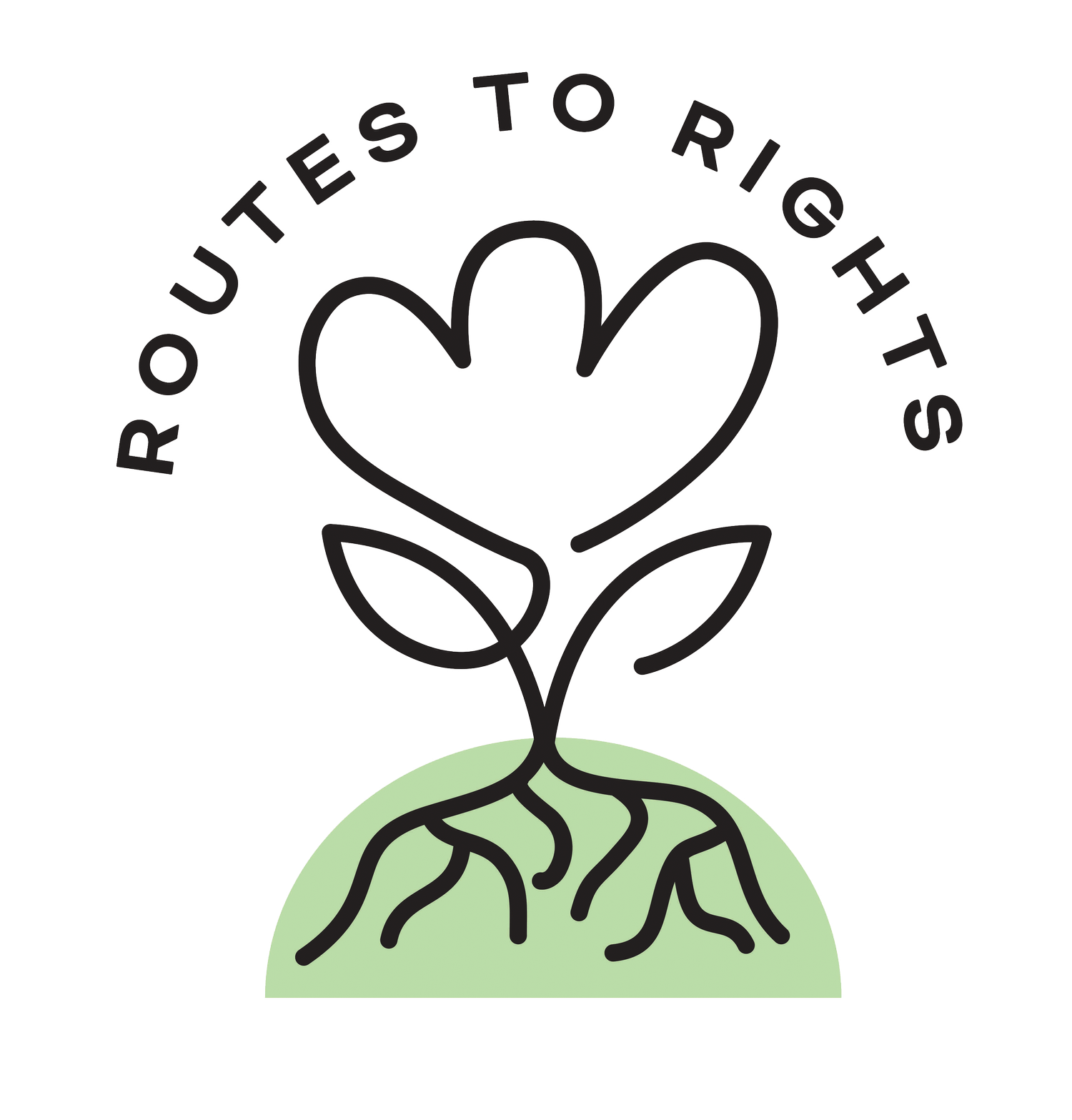
Routes to Rights has come from research and collaboration
Who are we?
Project Leads
Dr Colette Hawkins
Clinical Lead
Colette worked as a Consultant in Palliative Medicine for many years. She now teaches and runs research, supported by University Hospital Tees and Newcastle University.
She started Routes to Rights after seeing that people with life-limiting illness struggle with daily life and with finding the right support. She has built a large group of people and organisations to support the Routes to Rights work.
She developed and delivers the learning programme, bringing people together to learn with, and from, each other.
Professor Hannah Hesselgreaves
Academic Lead
Hannah is a Director of Policy and Evaluation Research Unit (PERU) at Manchester Metropolitan University and Professor of Public Service Reform.
Her research explores how people learn together to change public services. Following a 15-year career in medical education, she now supports public services and small businesses develop learning strategies which tackle the problems faced by people, communities, organisations and policy-makers.
David joined Routes to Rights as a member of the public with experience of being a carer. He has over 20 years experience of working in the public sector. As well as supporting a range of research projects, he helps citizens with day-to-day matters and advocates for them in navigating public services.
David is involved in issues such as poverty, digital exclusion, public engagement in decision making, and social care funding.
Mr David Black
Public Lead
Collaborators
A wide range of people and organisations have contributed to Routes to Rights projects. These include universities, health services and hospices, advice services, charities and community groups, housing services, social prescribing teams, government services, councils, public health and legal services. A dynamic lived experience group has made a huge difference to the work.
We would like to thank Legacare for supporting the early phase of the project and Access Social Care for allowing use of their chatbot.
The Centre for Access to Justice at University College London, led by Professor Dame Hazel Genn, has been a key collaborator from the beginning of Routes to Rights.
What do we know about legal issues in life-limiting illness?
Our research has focused on people who are likely to be in the last year of their life. But what we’ve found is that the same challenges often come up much earlier in an illness. Our research has found:
Two areas linking health and law:
o Health and care decisions
o Social welfare legal needs (everyday problems which have rights, entitlements, and protections defined in law)
Social welfare legal needs are very common in life-limiting illnesses and around the end of life
The most common social welfare legal needs relate to money, jobs, housing and social care
They affect the person who is ill and the people around them
Social welfare legal needs can take a big toll on people, both emotionally and in day-to-day life
People struggle to know where to go for help
Health professionals often don’t realise how much issues like money, housing, or access to support can affect someone’s health. And even when they do, they might not know where to turn for the right help
Lots of services offer help for social welfare legal needs, including councils, housing organisations, government departments, advice services, legal services, charities, and community groups
Health, social care and services supporting social welfare legal needs often aren’t joined up. This makes it very hard for people to find their way to the right service for their need
Learning together helps create stronger connections between teams, services, and organizations, leading to a more joined up response
Find out more:
Inequalities around end of life
We also know that:
End-of-life care is not delivered fairly, with certain groups more likely to miss out on good end-of-life care because of who they are, where they live, or their condition/diagnosis
Poverty affects a lot of people living towards end of life
Find out more:
What do we know about social welfare
legal needs and ill health generally?
Research has shown that:
Long-term physical or mental health issues increase the chance of lots of social welfare legal needs
Social welfare legal needs can be the cause of ill health, or make it worse
People who are struggling financially are more likely to experience poor health and face challenges with things like housing, benefits, and legal rights




